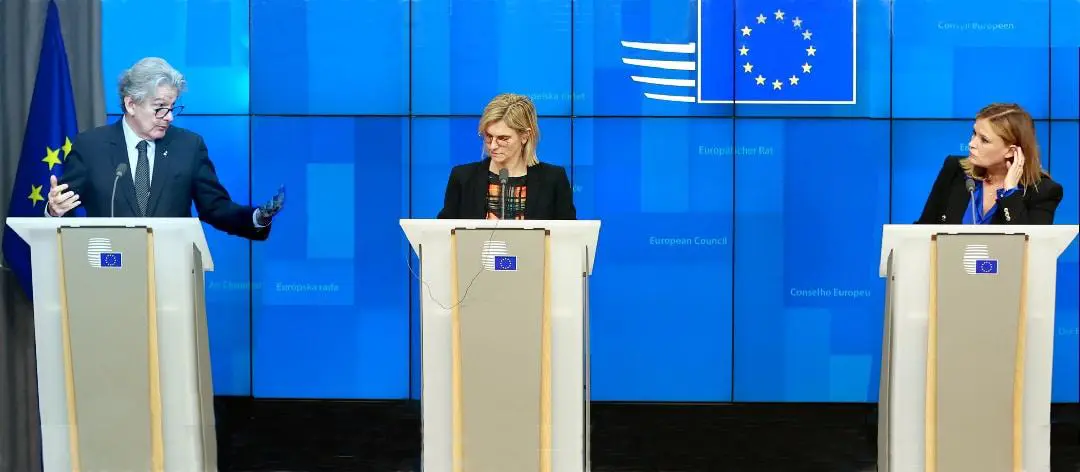The Council agreed its position (‘general approach’) on the European Commission proposal for a corporate sustainability reporting directive (CSRD). This draft directive will complement the European sustainable finance strategy.
The adoption, at the instigation of the French presidency, of a common position by the member states on this text is another decisive step in the development of a European regulatory framework for sustainable finance. Ultimately, companies with more than 250 employees or listed companies will now have to translate their environmental, social and governance policy into standardised, justified and certified information documents. This means greater transparency for citizens, consumers and investors so that businesses can play their full part in society. This is the end of greenwashing. Today, Europe sets the rigorous non-financial reference standards of tomorrow, in line with our environmental and social ambitions.
Bruno Le Maire, Minister for Economic Affairs, Finance and Recovery
The European Commission’s proposal revises the non-financial reporting directive from 2014 and will ensure the robustness of companies’ commitments by introducing the following new features:
- an extension of the scope to all large companies and companies listed on a regulated market (except listed micro-companies)
- a certification requirement for sustainability reporting
- more detailed and standardised requirements on the information to be published by companies
- improved accessibility of information, by requiring its publication in a dedicated section of company management reports
These changes will increase a company’s accountability, prevent divergent national standards and ease the transition to a sustainable economy.
Updating the non-financial reporting directive (NFRD)
The proposal aims to address shortcomings in the existing rules on disclosure of non-financial information, which was of insufficient quality and comparability to allow it to be properly taken into account by investors. Such shortcomings hinder the transition to a sustainable economy.
This directive confirms the EU’s leading role in setting sustainable standards. The harmonisation of sustainability data will be made possible by the definition of sustainability reporting standards, which the European Commission is to adopt by delegated act following technical advice from the European Financial Reporting Advisory Group (EFRAG) and a number of European agencies.
The text proposes a broader scope, provides for clearer and broader reporting requirements, and ensures that reporting complies with mandatory EU standards. It also provides that digital access to sustainability information will become a requirement.
Changes to the scope
The Council amended the scope proposed by the European Commission in order to ensure that reporting requirements are not too burdensome for listed SMEs (since the obligations do not apply to other SMEs) and that they have sufficient time to adapt to the new rules.
Background and next steps
The European Commission submitted the CSRD proposal on 21 April 2021.
The general approach reached today completes the negotiating position agreed by the Council. It provides the Council presidency with a mandate for further discussions with the European Parliament, which are expected to start in spring 2022.







